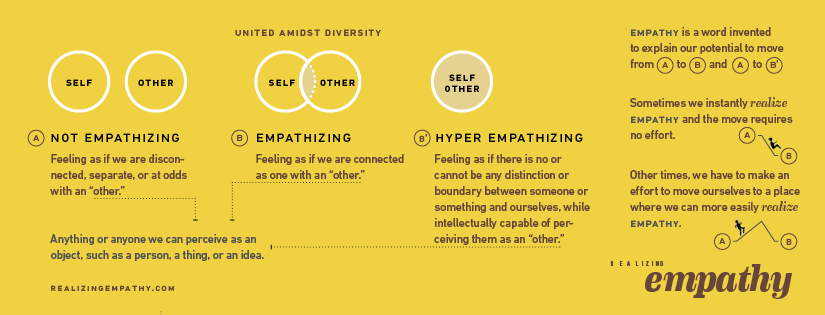“Maybe
I lack empathy.”
remarked the founder.
“Says who?”
I asked.
“My wife.”
he responded.
“When
did she say this?”
I asked.
“Last night.”
he responded.
“Right before she judged you
as lacking empathy,
was she criticizing
something
or someone you deeply
care about?”
I asked.
“Yes,
my mother.
She was criticizing
my mother.
How did you know?”
he remarked.
“I want you to know
that when someone
or something
with which you hyper-empathize
is being attacked
it can be very difficult
for you to empathize
with the attacker.”
I explained.
“That
is a normal
and natural phenomenon.”
I continued.
